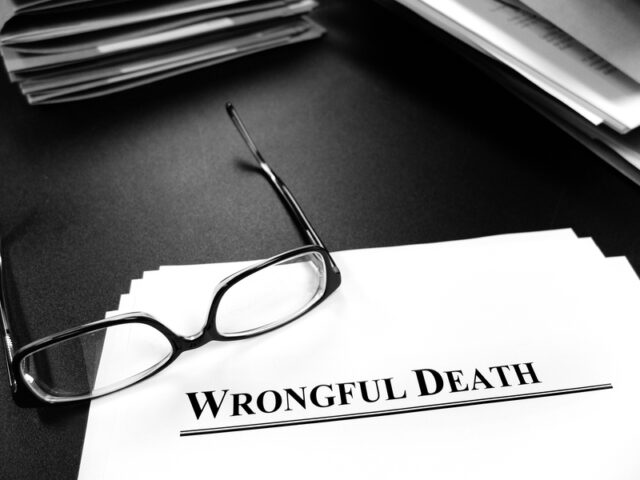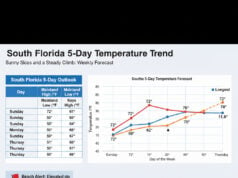
A wrongful death claim is a case that develops when one person dies as a result of the negligence of another person or entity. The surviving family can secure compensation for their losses through a wrongful death lawsuit. Consulting a wrongful death lawyer is the best thing you can do if you have lost a loved one due to someone else’s negligence.
The types of damages one can recover in a wrongful death lawsuit may vary but generally include the following:
Economic Damages
Economic damages are those that are calculated to compensate family members for the financial loss they will suffer as a result of a person’s death. It includes things that actually can be quantified and is intended to make up for the economic disruption this loss will cause.
Compensation for loss, for instance, includes the income and financial support that the decedent would have made had he or she not died. Both wages and salary, as well as other forms of financial support, are calculated here.
On the other hand, economic damages pertain to medical expenses related to the last illness or injury of the decedent and include but are not limited to hospital bills and expenses arising from surgery and other treatment costs involved. There are also funeral and burial expenses where compensation is provided for the arranging and conducting of the funeral, burial, or cremation of the deceased.
Lastly, loss of benefits includes pension, insurance proceeds, and social security benefits.
Non-Economic Damages
Non-economic damages compensate for intangible losses that are not easily quantifiable, but that cause immense distress to the surviving family members. These types of damages address the emotional and psychological suffering of the family due to death.
Pain and suffering compensation cover mental distress, grief, and mental anguish that a family has to bear due to the loss of their loved one. Loss of companionship provides damages for the absence of the deceased’s companionship, guidance, and affection, which affects familial relationships and the overall family dynamic.
Loss of consortium may also be defined as the deprivation of that special companionship and intimate relationship that a spouse provides. It includes loss of companionship, affection, love, sexual relations, emotional support, reassurance, and peace of mind derived from one spouse by the other.
Punitive Damages
Punitive damages are intended to punish the defendant for particularly egregious or malicious conduct and to deter similar behavior in the future. Unlike compensatory damages, punitive damages are not awarded in every wrongful death case.
They are generally reserved for cases involving gross negligence or intentional wrongdoing. The purpose of punitive damages is to hold the responsible party accountable beyond compensating the family for their losses, serving as a deterrent against future misconduct.
Loss of Inheritance
Loss of inheritance involves compensation for the future financial benefits that the deceased would have likely passed on to their heirs. This compensation addresses the impact of the death on the expected inheritance that the heirs would have received if the deceased had lived.
Determining the Amount of Damages
Determining the amount of damages in a wrongful death lawsuit involves considering several key factors. One critical aspect is the deceased’s age and health. Typically, younger individuals or those in good health may lead to higher compensation, as there is a greater potential for future lost income and benefits.
The nature of the death also plays a significant role in calculating damages. The circumstances surrounding the death, including the extent of the defendant’s fault or negligence, can greatly influence the amount awarded.
Finally, jurisdictional laws affect the compensation amount, as different states have varying regulations and caps on damages for wrongful death claims, which can impact the final award.
Disclaimer
The information contained in South Florida Reporter is for general information purposes only.
The South Florida Reporter assumes no responsibility for errors or omissions in the contents of the Service.
In no event shall the South Florida Reporter be liable for any special, direct, indirect, consequential, or incidental damages or any damages whatsoever, whether in an action of contract, negligence or other tort, arising out of or in connection with the use of the Service or the contents of the Service.
The Company reserves the right to make additions, deletions, or modifications to the contents of the Service at any time without prior notice.
The Company does not warrant that the Service is free of viruses or other harmful components












